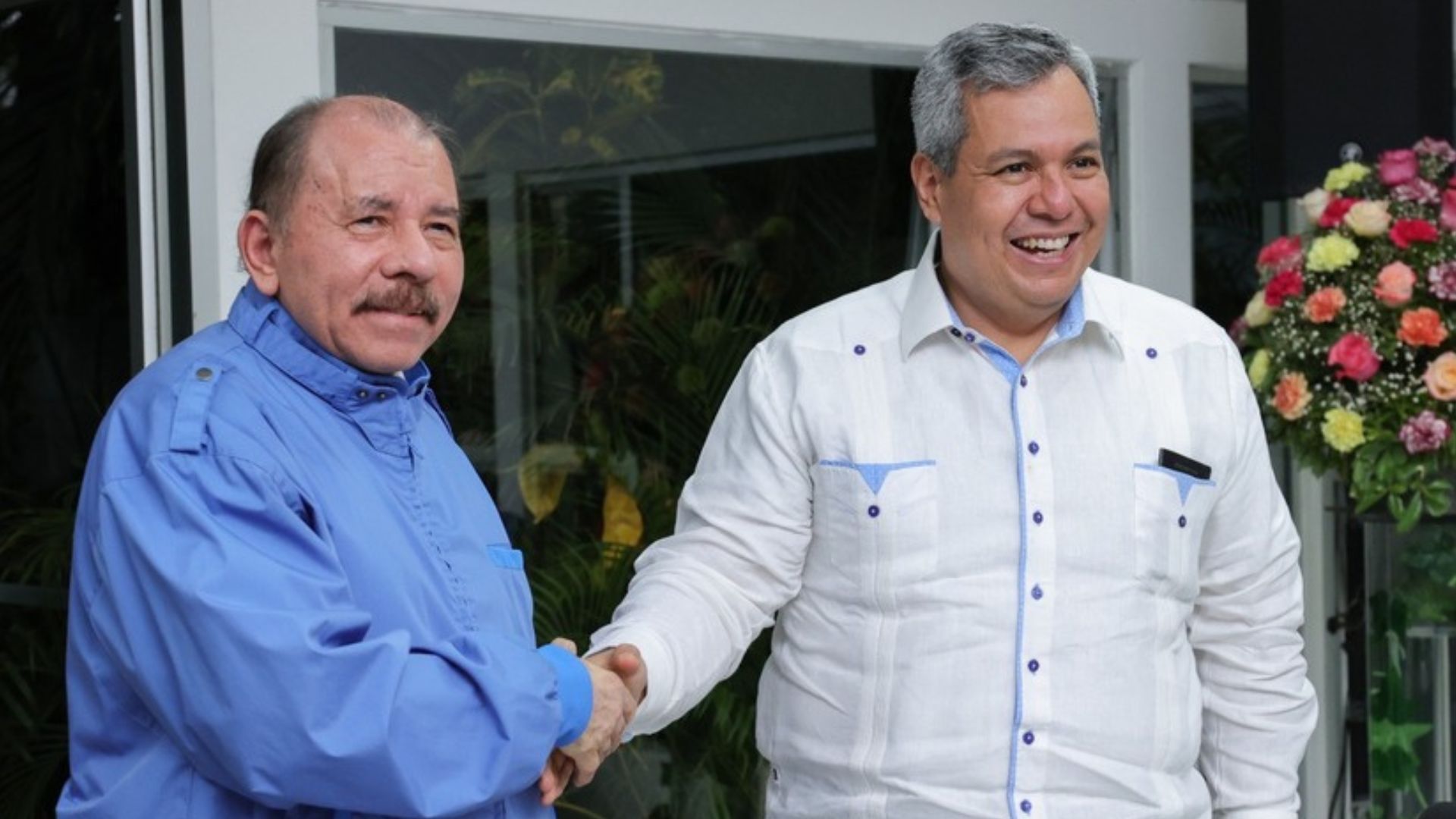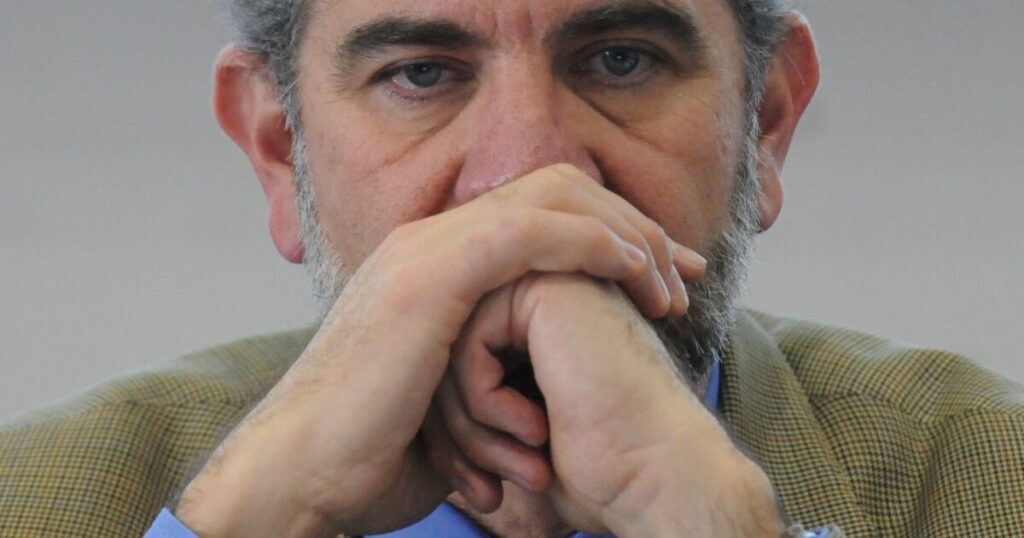The president of the Central American Bank for Economic Integration (CABEI), Dante Mossi, will face off in a public debate on March 16, to answer questions about the financial support offered by the entity to the regime of Daniel Ortega and Rosario Murillo.
Through this meeting, Mossi will face Manuel Orozco, director of the Migration, Remittances and Development program of the Inter-American Dialogue, and Ryan Berg, researcher of the Americas Program at the Center for International Strategic Studies (CSIS).
Related news: Enrique Sáenz: Dante Mossi favors Ortega with funds because he is a “confessed accomplice of the dictatorship”
“The Bank has been a fundamental partner with respect to regional efforts in a variety of lending initiatives in Central America. One of its main borrowers, Nicaragua, has increased its reliance on loans since 2018 amid a political and economic crisis. How has CABEI provided financial support to Nicaragua during this period? Are the lending policies consistent with the Bank’s principles? What explains Nicaragua’s growing dependence on CABEI?», refers to the website of El Diálogo Interamericano.
The independent organization Urnas Abiertas also joined the demand that Dante Mossi respond to the accusations of financing a dictatorship like that of Ortega and Murillo. In addition, it showed a database where they analyze the Public Investment Program in the execution of 1,030 projects and 5,473 investment works in the period 2017-2021.
“CABEI went from financing $4MM in 2017 to +$10MM in 2021 only for public investment projects. Despite the fact that the transparency of these projects presents serious irregularities,” the organization highlights on its social networks.
Urnas Abiertas criticizes that future generations “are getting into debt with projects in which they cannot influence -because citizen participation is suspended-, and those who cannot carry out social audits either -due to serious deficiencies in transparency-“.
The Central American Bank for Economic Integration is the main “sponsor” of the dictatorship of Daniel Ortega and Rosario Murillo. In recent years, the financing of this regional entity went from representing 21.39% of the Public Investment Program (PIP) in 2017 to 39.14% in 2022.
















